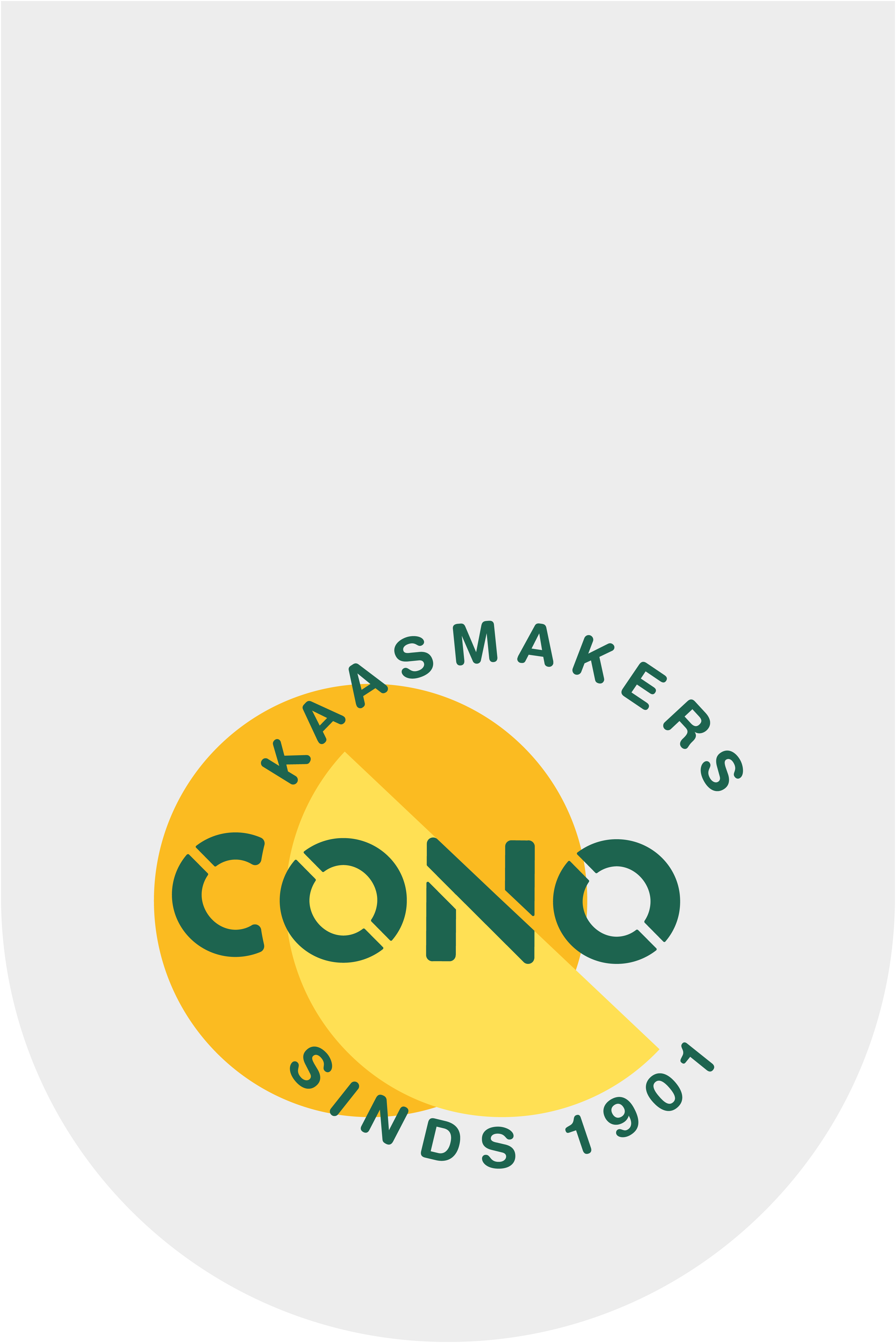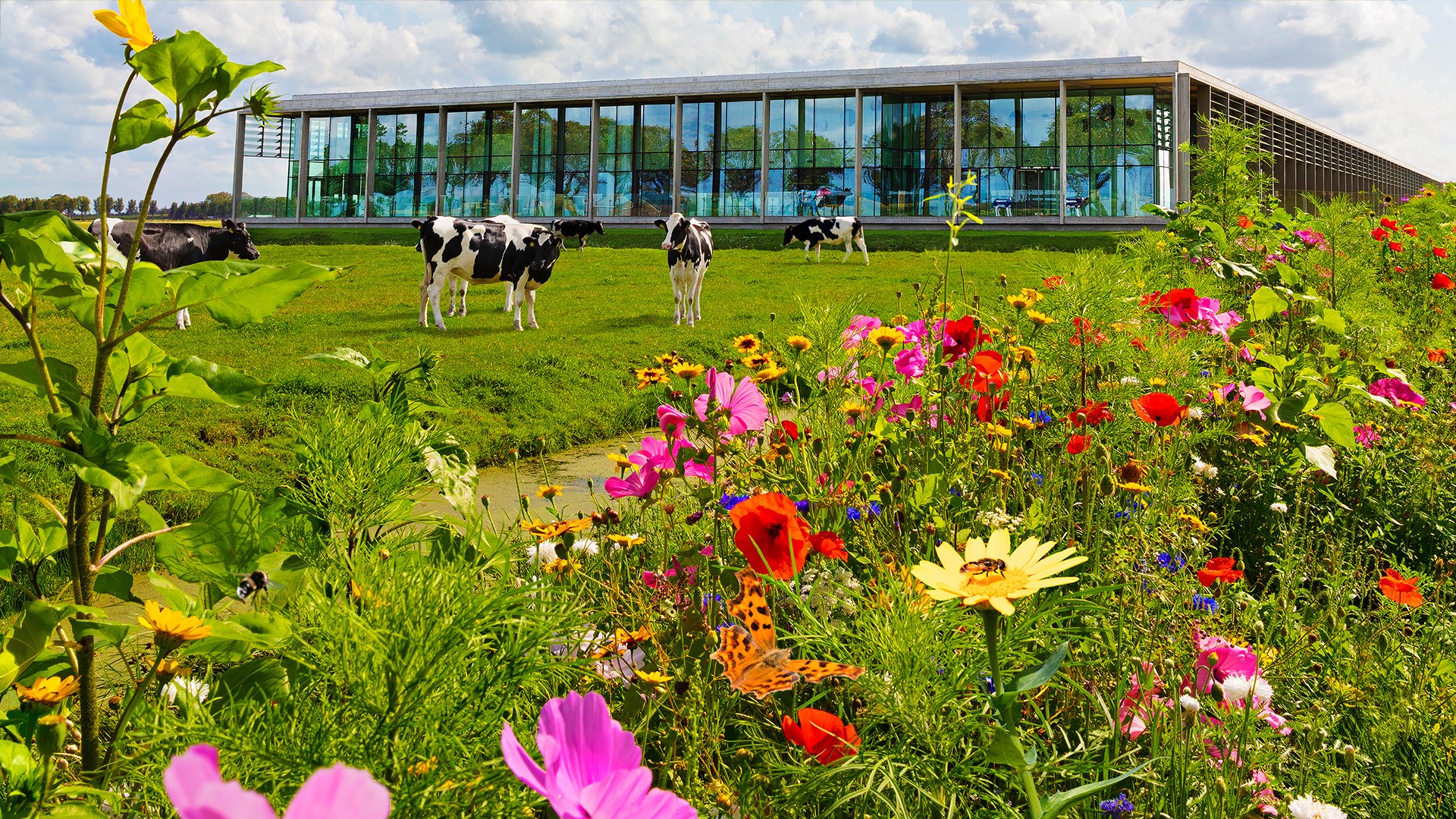Caring Dairy is een duurzaamheidsprogramma voor de melkveehouderij dat is gericht op verduurzamen van de hele keten van koe tot kaas. In 2024 vond een herijking van het programma plaats die door de CONO-leden tijdens de Algemene Vergadering is goedgekeurd. Dit nieuwe programma maakt het voor de melkveehouders nog aantrekkelijker om bij te dragen aan de duurzaamheidsdoelstellingen voor 2030.
Vanaf 2025 richten de CONO-veehouders zich op vier belangrijke duurzaamheidsdomeinen:
Binnen deze thema’s kunnen veehouders zich verbeteren op 18 verschillende indicatoren. Zo zet CONO samen met de deelnemende veehouders steeds grotere stappen op het gebied van duurzaamheid. Dit biedt hen de flexibiliteit om te focussen op de indicatoren die het best passen bij hun bedrijf.
Programma onderdelen
Caring Dairy bestaat uit de volgende onderdelen:
Workshopprogramma
Het workshopprogramma draagt bij aan het vergroten van kennis op het vlak van duurzame melkveehouderij. Iedere melkveehouder volgt jaarlijks drie workshops, elke workshop wordt begeleid door een workshopleider.
In de workshops bespreken de melkveehouders hun verbeterplan de knelpunten, gekozen strategieën en maatregelen met een expert en collega-melkveehouders. Thema’s van de workshops zijn bijvoorbeeld: weidegang, eigen eiwit eerst, diergezondheid, bedrijfseconomie, klimaat, boeren met natuur, bodem, kringlooplandbouw en communicatie.
Iedere CONO-veehouder die deelneemt aan het Caring Dairy programma ontvangt een vaste premie van 75 cent voor elke 100 kilo melk.
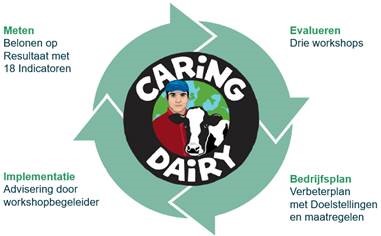
Belonen op resultaat
Binnen de Caring Dairy domeinen zijn 18 duurzaamheidsindicatoren benoemd, de veehouders ontvangen een extra premie, waarvan de hoogte afhankelijk is van de resultaten. Hierin werken we namelijk met een staffel, waarbij de veehouder continu werkt aan de volgende stap en dus hoger beloond wordt. Voor elk van deze indicatoren, kan tussen de 5 en 25 cent worden verdiend, tot een maximum van €2,25 (per 100 kilo melk). Samen met de vaste premie van 75 cent voor deelname kan een Caring Dairy premie van €3,00 worden verdiend. Met daarbij opgeteld de standaard weidegangpremie en het voeren van GMO vrij voer kan de extra premie oplopen tot €6,00 per 100 kg/melk, bovenop de basis melkprijs.
Caring Dairy domeinen
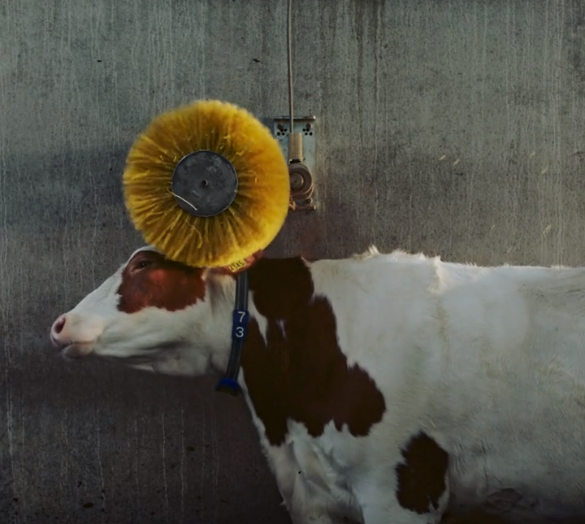
Dierenwelzijn
CONO heeft dierenwelzijn heel hoog in het vaandel. Blije koeien noemen we dat. CONO-koeien grazen vers gras in de wei zodra en zolang de natuur het toelaat. Dierwelzijn gaat om goede voeding, huisvesting, natuurlijk gedrag en gezondheid van zowel de oudere koeien als het jongvee.
Dankzij de zorg van de veehouder worden de koeien steeds ouder en hebben ze minder antibiotica nodig. De koeien hebben veel ruimte in het weiland én in de stal, hier zijn zachte ligbedden en koeborstels beschikbaar. Koeien die in goede gezondheid langer leven zijn in veel opzichten duurzaam: dierwelzijn spreekt voor zich maar een oudere koe is ook beter voor het klimaat en verhoogt het werkplezier van de melkveehouder.
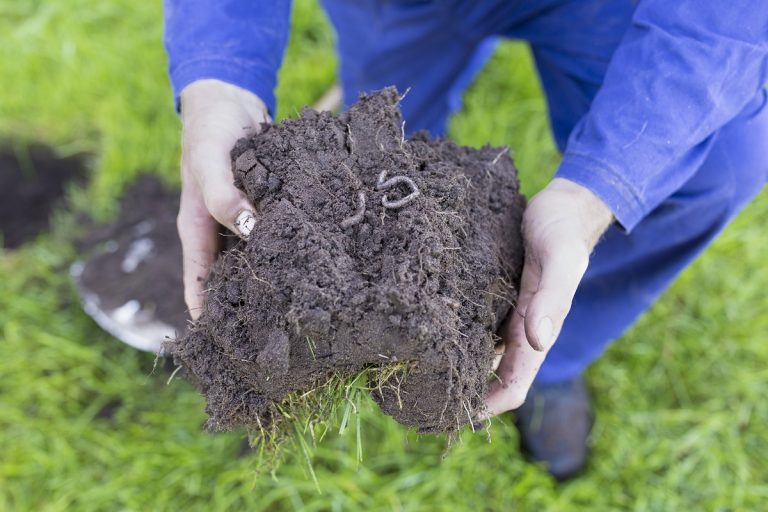
Klimaat
De balans op het melkveebedrijf tussen gezonde koeien en gezonde bodem is de basis voor regionale kringloop. Het verlaagt de klimaat impact en geeft meer ruimte voor (agrarische) natuur zoals weidevogels, zwaluwen, kruidenrijk grasland en ook bloemrijke randen. Grondgebonden bedrijven met een goede balans in de koe-mest-bodem-plant cyclus beperken mineralen verliezen. Met de stikstofbinders gras en klavers beperken we de stikstof verliezen.
Het energieverbruik op de boerderij is laag en wordt duurzaam opgewekt met zonnepanelen of windmolens. Melkveebedrijven met energie overproductie leveren stroom aan de CONO-kaasmakerij.
Het gebruik van gewasbeschermingsmiddelen is zeer laag en er is een verbod op glyfosaat (Roundup).
Biodiversiteit
Grondgebonden, weidegang en een rantsoen met veel gras gaan hand in hand. Eigenlijk is het heel simpel. Alles wat een koe eet, komt terug in de melk, en daarmee in de kaas. Grondgebonden bedrijven met veel grasland en weidegang halen veel eiwit uit eigen gras. Meer eigen voer en input als krachtvoer verlagen horen bij kringlooplandbouw. Gras en klavers zijn stikstofbinders en leveren direct eiwit van eigen bodem. De CONO-bedrijven zijn grotendeels zelfvoorzienend met eigen voer/eiwit dankzij gras. Blijvend grasland en bijvoorbeeld ook kruidenrijk grasland is heel duurzaam omdat het de bodemgezondheid verbetert, biodiversiteit verhoogt en koolstof (CO2) vastlegt in de bodem.
Alle CONO melkveehouders voeren hun koeien krachtvoer zonder genetisch gemodificeerde ingrediënten. We volgen daarbij de Duitse VLOG-kwaliteitsstandaard, die verplicht dat de hele keten GMO-vrij is. Van gras tot kaas. Dus zowel de mais, tarwe of suikerbieten van het eigen land (dat is al geregeld in Europese wetgeving), als de soja en raap in het krachtvoer dat van elders in de wereld wordt aangevoerd. Bovendien moet zeker zijn dat de koeien ook niet via het voer van ander vee op het bedrijf met genetisch gemodificeerde producten in aanraking komen. CONO-melk is dus 100% GMO-vrije melk. En daar ontvangen de leden weer een cent extra vergoeding voor.
Een gemiddeld rantsoen bestaat voornamelijk uit gras. Het mooie is dat vers gras, waarvan we in ons land gelukkig heel veel hebben, vol eiwitten zit. Plus nog wat suiker. En daarmee de beste basis vormt voor een goede melkkwaliteit met een optimale vetzuursamenstelling. Hoe meer eten de koeien op natuurlijke manier binnenkrijgen, hoe minder krachtvoer er van elders hoeft te worden aangevoerd.
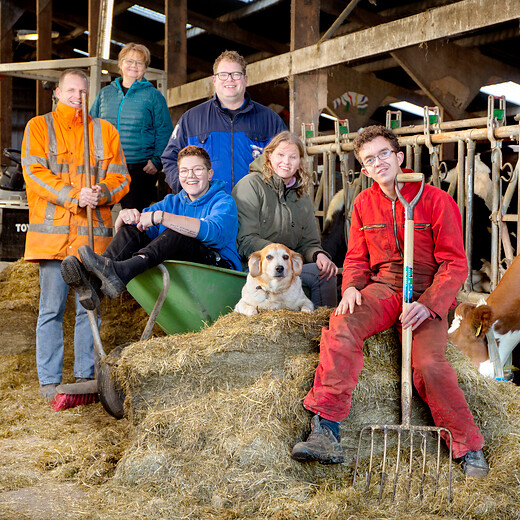
Boer en Maatschappij
CONO-melkveehouders staan midden in de maatschappij en stellen vaak hun bedrijf open voor bezoekers tijdens opendagen, koe-in-de-wei-dag en middels vergaderruimtes en boerderijwinkels. Er zijn zelfs CONO-boerderijen met kinderdagopvang, boerderijeducatie en bijvoorbeeld ook dagbesteding voor zorgcliënten. Deze zogenaamde neventakken zorgen voor extra inkomstenbron op het de boerderij. Vaak wordt zo’n neventak bestierd door een gezinslid. Het boerenerf bruist van levendigheid dankzij bezoekers, klanten van de boerdijwinkel en alle gezinsleden die alle touwtjes aan elkaar knopen. Een mooi voorbeeld van een echte nieuwe trend: de opkomst van korte voedselketens.
Meer weten?
Wil je meer informatie over wat Caring Dairy precies is, en wat het doel is? Bekijk dan hier het certificatieschema. Zo krijg je een beeld van de voorwaarden en lees je meer over het toezicht en de controle op het programma.
